AI and Positive Psychology: A New Path to Personal Growth
Discover how AI in Mental Health merges with positive psychology to boost personal growth and emotional well-being.
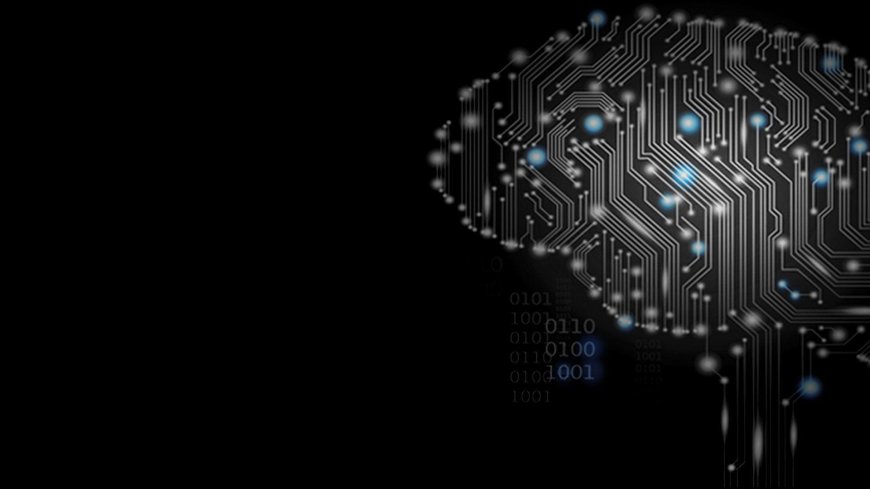
Introduction
Have you ever wished for a personal coach who understands your feelings, tracks your growth, and helps you flourish mentally and emotionally? Thanks to advances in technology, this wish is becoming a reality. The fusion of AI and Positive Psychology is opening up an exciting new chapter in personal development—one where mental health support is smarter, faster, and more personalized than ever.
Think of it as upgrading from a paper map to GPS for your inner journey. Instead of guessing which way to go, you're guided every step of the way. This article explores how AI in Mental Health is reshaping the landscape of personal growth through the lens of positive psychology.
What Is Positive Psychology?
Positive psychology is all about focusing on what’s right with you instead of what’s wrong. It’s the science of happiness, strength, gratitude, and growth. Rather than just treating mental illness, it aims to help people thrive.
Imagine a garden. Traditional psychology removes weeds. Positive psychology also waters the flowers, encourages growth, and creates beauty.
A Quick Look at Artificial Intelligence (AI)
AI is like the brainpower behind your smartphone’s suggestions or the voice assistant that remembers your routines. In mental health, AI mimics human thinking to analyze emotions, detect patterns, and offer support—even without a therapist in the room.
The Intersection of AI and Positive Psychology
When you combine AI's analytical abilities with positive psychology's growth-focused strategies, you get a powerful partnership. AI can identify emotional patterns, suggest personalized goals, and encourage healthy habits in ways that are consistent and scalable.
The Growing Trend
From mood trackers to mental health apps, AI in Mental Health is revolutionizing care. It's making emotional support more accessible, affordable, and stigma-free. You don’t need to wait for an appointment—your digital assistant is always available.
How AI Supports Emotional Intelligence
Emotional intelligence (EQ) is knowing how to manage your emotions and connect with others. AI tools can analyze voice tone, facial expressions, and word choices to help users better understand their feelings. It’s like having a mirror for your emotions that talks back.
Personalized Mental Health Support with AI
Every mind is different. AI tailors support to your unique needs. Feeling down? It might recommend a gratitude exercise. Anxious? Try a guided breathing session. These custom suggestions help users feel seen and supported—because they are.
Real-Time Feedback and Growth Tracking
One huge benefit of AI is immediate feedback. Imagine journaling and instantly getting insights on your emotional trends. AI can track your progress and celebrate small wins, making the invisible journey of mental growth feel tangible and real.
AI-Powered Apps and Tools for Self-Improvement
From Woebot to Youper, AI apps are helping people build better habits, improve mood, and boost resilience. These tools act like personal trainers for your mind—always available, never judgmental, and endlessly patient.
Data-Driven Insights: Measuring What Matters
Data is like a spotlight on the patterns we miss. AI collects and analyzes user data to offer suggestions based on real trends. It’s not just guessing—it’s evidence-based coaching for your mental health journey.
Overcoming Stigma with Technology
Talking to a machine can sometimes feel easier than opening up to a person. AI allows people to explore their emotions privately. For many, this breaks down barriers and reduces the fear of judgment, making mental health support feel safer and more approachable.
The Role of Chatbots in Mental Wellness
Chatbots like Wysa and Replika offer conversational support 24/7. They use natural language processing to respond empathetically, offering exercises, reflections, and even humor. Think of them as a digital friend who always has your back.
Building Resilience with AI Guidance
AI doesn’t just soothe symptoms—it builds strength. By encouraging mindfulness, gratitude, and goal-setting, AI helps users grow through challenges. Resilience isn’t just bouncing back; it’s bouncing forward, stronger than before.
Ethical Concerns and Emotional Sensitivity
Of course, not everything is perfect. AI must handle emotional data with care, security, and consent. Questions about privacy, bias, and replacing human connection need ongoing attention. It's essential that these tools complement, not replace, real human care.
The Future of Personal Growth with AI
Looking ahead, we’ll likely see even smarter systems—AI that adapts to our moods, predicts mental slumps, and proactively offers support. It’s like having an emotional weather forecast and a mental wellness GPS, guiding us toward a brighter, more balanced life.
Conclusion
The combination of AI and Positive Psychology is not about replacing therapists or simplifying human emotions. It’s about amplifying personal growth, making mental health care more accessible, and giving everyone the tools to lead a more fulfilling life.
Think of AI as a gentle guide, not a controller. It doesn’t walk your path, but it lights the way. And in today’s fast-paced world, that light is more welcome than ever.
Frequently Asked Questions
1. How does AI help with mental health?
AI helps by offering support through apps, chatbots, and tools that track mood, suggest exercises, and provide real-time feedback based on emotional patterns.
2. Can AI replace therapists?
No, AI can't replace human therapists, but it can offer valuable support in between sessions or for those who can't access traditional therapy.
3. Are AI mental health apps safe to use?
Most reputable apps use strong data protection protocols, but users should always check privacy policies and choose trusted providers.
4. How accurate is AI in understanding emotions?
AI can detect patterns in tone, words, and behavior, but it's not perfect. It’s best seen as a supportive tool rather than a definitive guide.
5. What are the best AI tools for personal growth?
Popular tools include Woebot, Youper, and Wysa—each offering unique features like CBT techniques, journaling prompts, and daily mood tracking.







































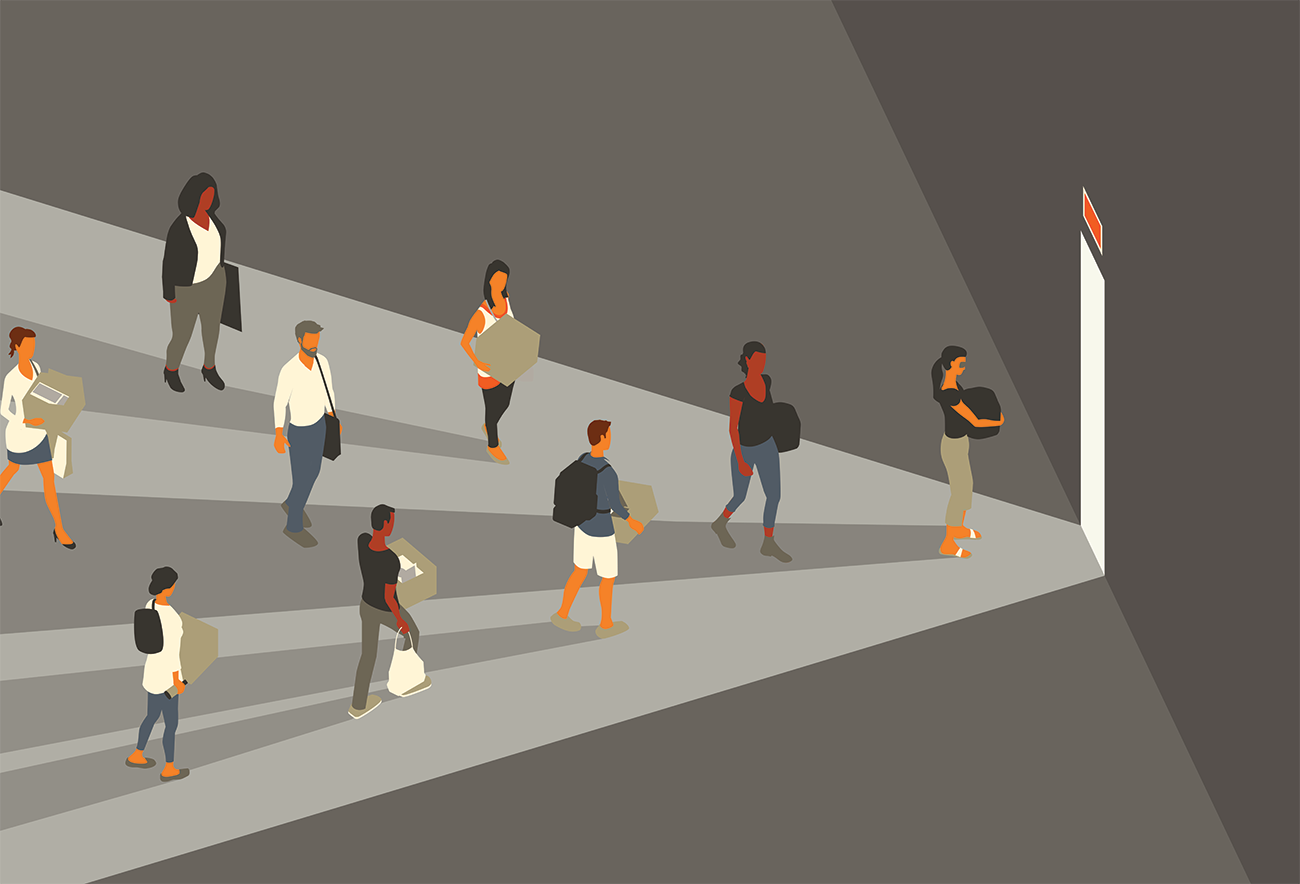





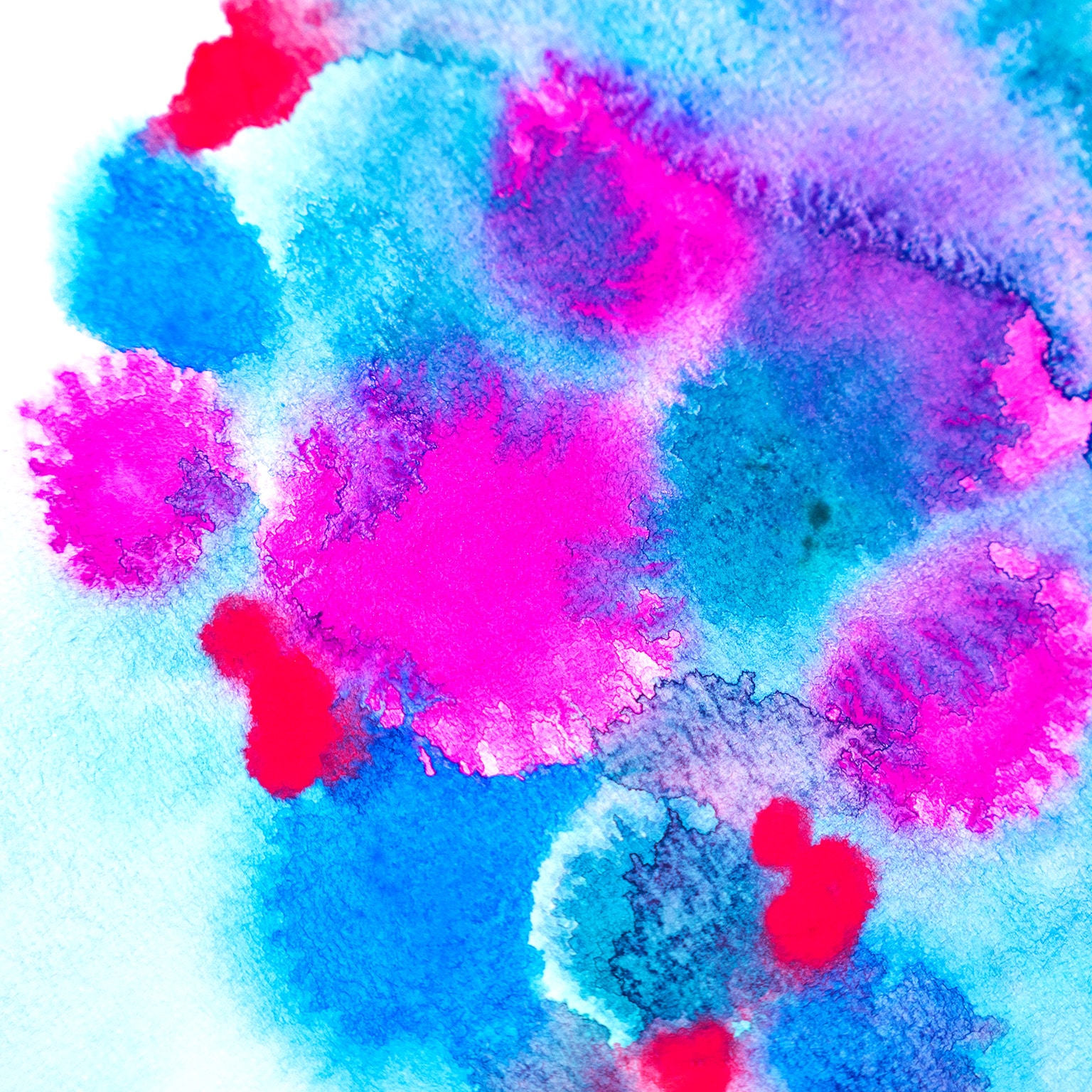























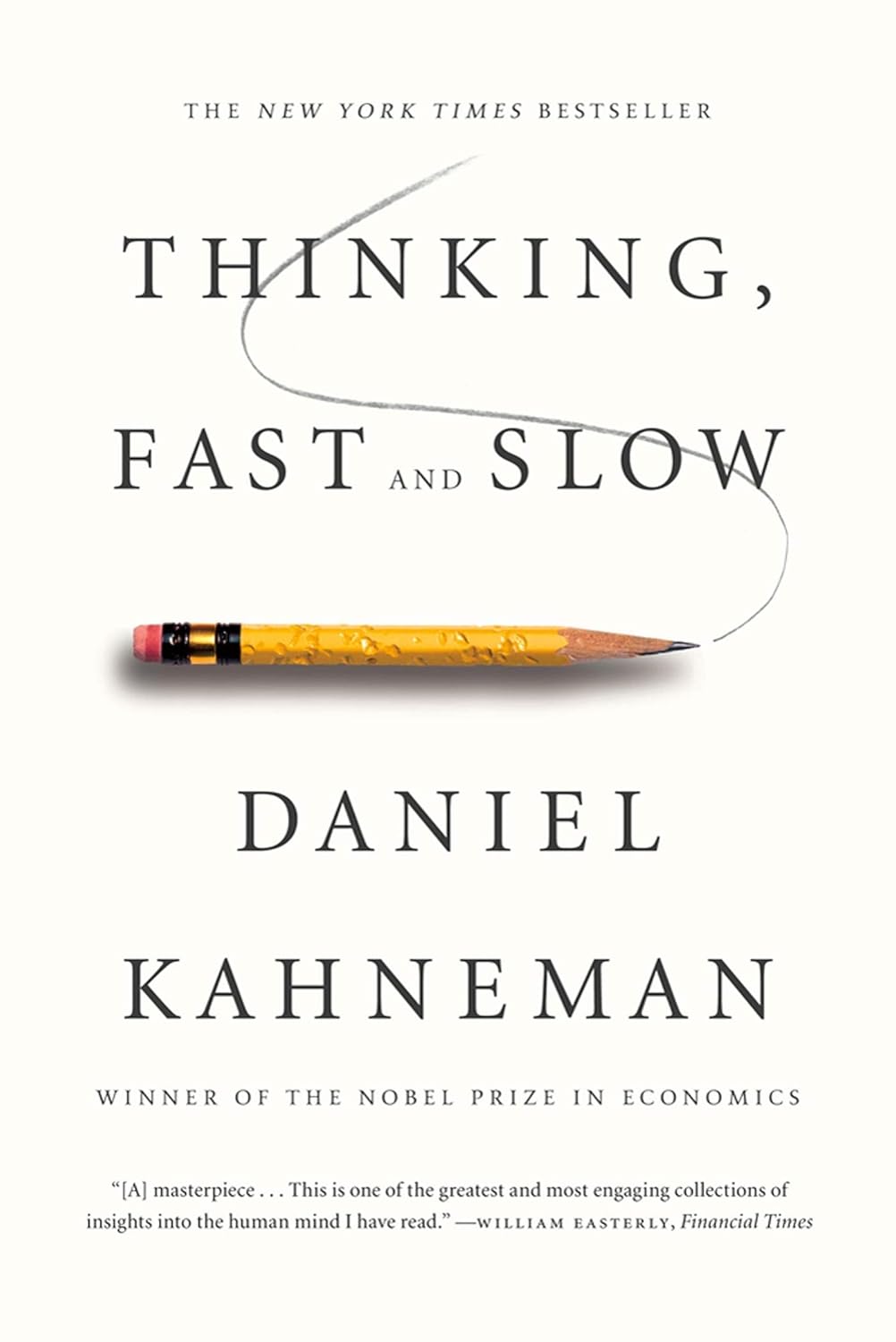

























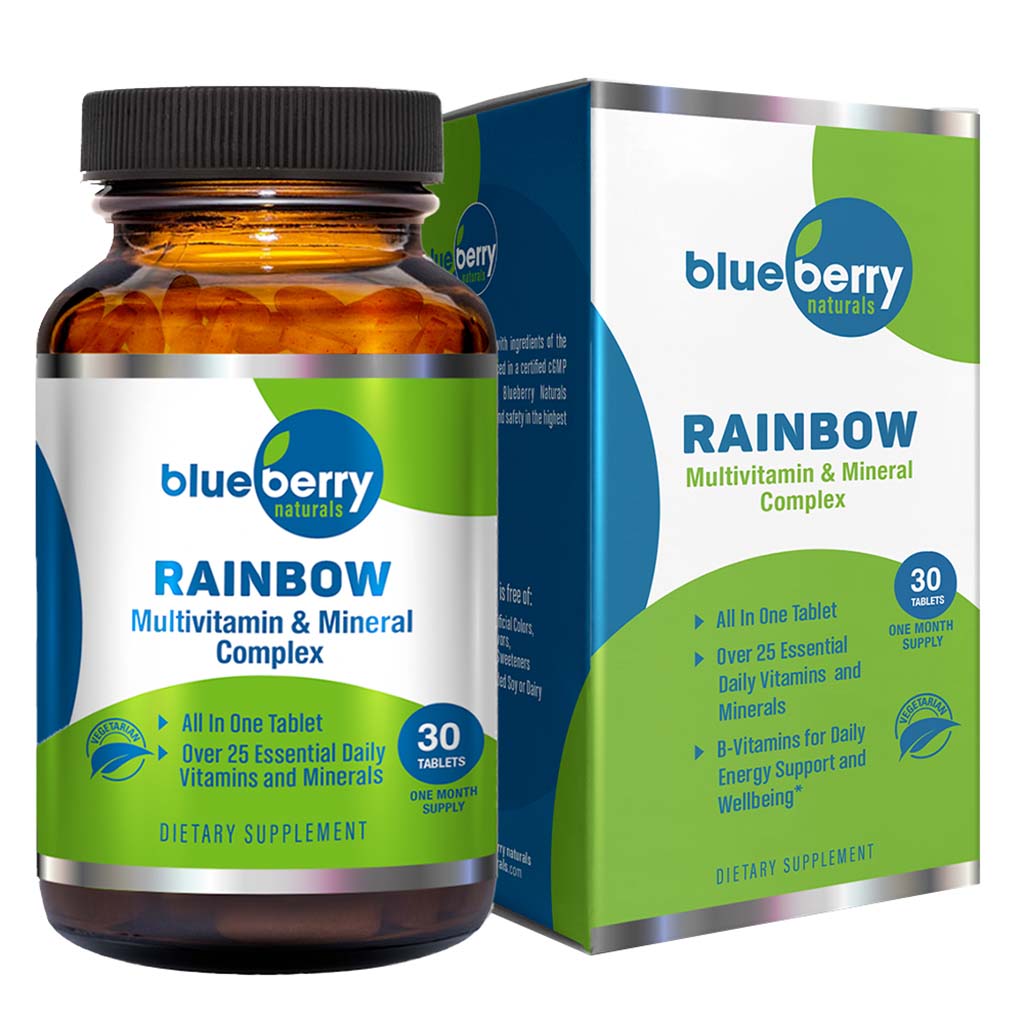







![Building A Digital PR Strategy: 10 Essential Steps for Beginners [With Examples]](https://buzzsumo.com/wp-content/uploads/2023/09/Building-A-Digital-PR-Strategy-10-Essential-Steps-for-Beginners-With-Examples-bblog-masthead.jpg)

















































